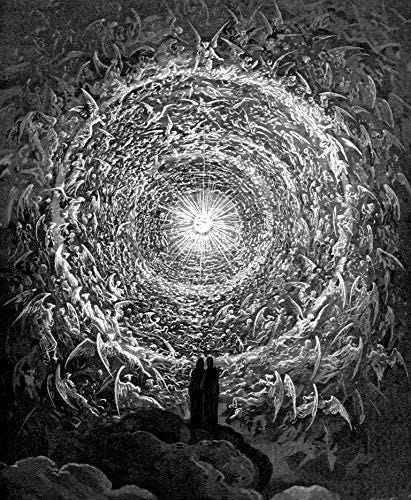Suffering is an undeniable evil. There are clear moral imperatives to prevent, alleviate and refrain from causing suffering.
The depth and breadth of human suffering is incomprehensibly and heartbreakingly vast, and that of animal suffering even more so.
It is reasonable to believe that suffering rather than pleasure predominates in the world.
Some moral intuitions oppose certain ways of alleviating suffering. For example, if we could give a parent a pill that would erase the memory (and the grief) of a deceased child, this would be an abomination.
A consistent and overriding committment to the abolition of suffering has as its logical conclusion the abolition of sentient life as its shortest, most direct, and most sure path. When an organism dies, not only does it no longer suffer, but it no longer begets descendants who will suffer.
Sentient, much less sapient, life would not have emerged without ruthless and amoral natural selection.
Contingent suffering can be important in to secure a greater good – for example, giving a small child a needle to administer medicine. The contingent evils of this world may have a relationship to a greater, transcendent good that is not usually perceived directly, or only glimpsed. Belief in this good in the face of suffering is the real basis of faith, not belief in any particular religious doctrine. “Life is worth living” is a fundamental expression of faith.
Suffering and the awareness of suffering are vital to the human process of maturation and development. In the maturation from childhood to adulthood, comforting illusions about the world are gradually peeled back – like the child who touches a hot stove for the first time.
Our belief in preventing suffering may conflict with other values – for example, the choice to express a harsh truth or not. The moral imperative to prevent suffering must be balanced against other human values. This balancing requires characteristics such as wisdom, prudence and maturity which cannot be reduced to universally applicable rules.
Even if we had the technical capabilities to do so, we should not abolish all suffering (although there may be a moral imperative to vastly reduce its scope). Certain areas may have to be left “wild” in order to produce the kind of generative stresses that sentient and sapient life need to grow, develop and mature.
A tentative expression of a golden path might be: “To achieve the minimum level of suffering that is compatible with the continued existence and development of sentient and sapient life.”



Good article!
"Belief in this good in the face of suffering is the real basis of faith."
This is something I've come to understand and focus on as well.
"...would not have emerged without ruthless and amoral natural selection."
Also important! Many want to apply all sorts of evolutionary understandings to morality. It is not so!